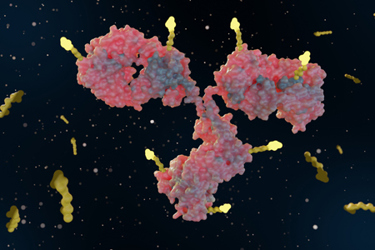Key Takeaways From ADCs In Oncology Trials Webinar: Practical Strategies For Clinical Development Success
By Andrew Zupnick, PhD

Antibody-drug conjugates (ADCs) are rapidly reshaping oncology, blending antibody precision with potent cytotoxic payloads to deliver targeted cancer therapies. With 14 FDA approvals, over and nearly 3,000 trials underway worldwide, ADCs are now a cornerstone of oncology R&D. Yet their path from discovery to approval demands more than scientific innovation—it requires adaptive trial design, regulatory foresight, and operational excellence.
During the presentation, "ADCs in Oncology Trials: Practical Strategies for Clinical Development Success", experts explored how advances in antibody engineering, linker stability, and novel payloads are driving differentiation in a crowded field. Equally critical are the regulatory shifts shaping trial design: under FDA’s Project Optimus, sponsors must move beyond fixed-dose regimens toward evidence-driven dose optimization, balancing efficacy with safety. The discussion underscored a key theme: success in ADC development lies at the intersection of science, regulation, and execution. By aligning cutting-edge design with evolving regulatory expectations, sponsors can unlock the full therapeutic potential of ADCs and deliver transformative cancer treatments to patients worldwide.
Get unlimited access to:
Enter your credentials below to log in. Not yet a member of Cell & Gene? Subscribe today.
